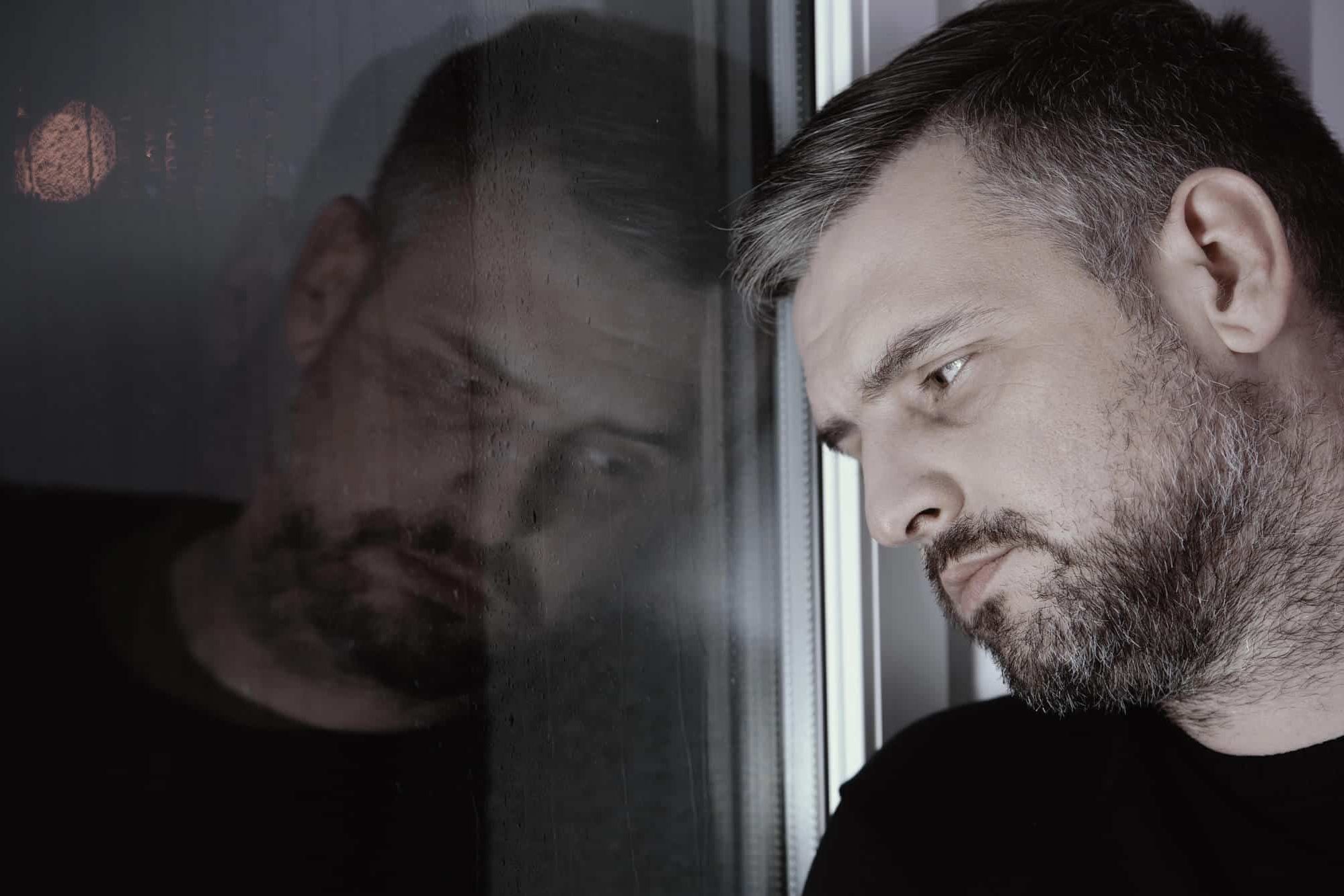Bipolar disorder is a mental health condition that causes extreme mood swings, including highs (mania) and lows (depression). These episodes can last days or weeks, with normal moods in between. Inpatient treatment for bipolar disorder provides intensive, round-the-clock care in a structured and supportive environment. It’s designed for individuals experiencing severe mood episodes—whether manic, depressive, or mixed—or those at risk of harming themselves or others. During an inpatient stay, patients receive medication management, psychotherapy, and continuous monitoring by a multidisciplinary team to stabilize mood and prevent crises. This setting offers a safe, trigger-free space where patients can focus fully on recovery, away from daily stressors. Treatment often includes therapies such as cognitive-behavioral therapy (CBT), family-focused therapy, and other therapies to help manage symptoms and build long-term stability. Inpatient care is recommended when symptoms are severe, outpatient treatment isn’t enough, or immediate safety is a concern. It serves as a crucial step toward lasting wellness and improved quality of life for those living with bipolar disorder.
What Is Bipolar Disorder?
Bipolar disorder is a mental illness characterized by dramatic shifts in mood, ranging from high-energy manic or hypomanic episodes to low-energy depressive states. These mood changes can last from several days to weeks, affecting a person’s behavior, energy levels, and daily functioning. During manic episodes, individuals may feel overly energetic, impulsive, or easily irritated, while depressive episodes often bring feelings of sadness, fatigue, and loss of interest. Statistics show that about 2.8% of U.S. adults experience bipolar disorder annually, typically beginning in late teens or early adulthood. While the exact causes are unclear, genetics, brain chemistry, and environmental influences contribute. Treatment usually combines medication, supportive therapy, and lifestyle adjustments to help manage symptoms, build coping skills, and promote a more balanced, fulfilling life.
Types of Bipolar Disorder
Bipolar disorder comes in different forms, each with unique patterns of mood shifts and symptoms. Knowing the distinctions helps ensure accurate diagnosis and effective treatment. The different types of bipolar disorder include:
- Bipolar I Disorder: This type is characterized by at least one full manic episode lasting a week or requiring hospitalization. Depressive episodes may also occur, but mania is the dominant feature. These mood changes can significantly disrupt daily life and relationships.
- Bipolar II Disorder: People with bipolar II experience at least one major depressive episode and at least one hypomanic episode, which is a less intense form of mania. Although they don’t have full manic episodes, their mood swings can still interfere with everyday activities.
- Cyclothymic Disorder: Also known as cyclothymia, this condition involves frequent mood fluctuations with mild depressive and hypomanic symptoms. While less severe than bipolar I or II, these symptoms persist for at least two years and can affect daily functioning.
What Is Inpatient Treatment for Bipolar Disorder?
Inpatient treatment for bipolar disorder provides intensive, round-the-clock care in a secure setting for individuals experiencing severe mood episodes or at risk of harm. This treatment includes medication management, psychotherapy, and continuous monitoring to stabilize mood swings and prevent crises. Patients benefit from a structured routine, therapeutic support, and a stress-free environment that promotes healing. Inpatient care is ideal when symptoms are severe, outpatient care isn’t enough, or immediate safety is a concern, helping patients regain stability and build long-term wellness.
Signs Someone Needs Residential Treatment for Bipolar Disorder
Recognizing when residential treatment for bipolar disorder is needed can be life-saving. Here are some key signs that indicate it may be time to seek intensive care:
- Extreme mood swings that disrupt daily life
- Persistent feelings of hopelessness or deep sadness
- Reckless or risky behavior, such as substance abuse or unsafe activities
- Difficulty managing daily tasks or relationships
- Suicidal thoughts or self-harm tendencies
- Frequent manic and depressive episodes despite outpatient treatment
If you or a loved one experiences these symptoms, residential treatment can provide the structured support and safety necessary for recovery.
Self-Assessment: Am I Addicted?
"*" indicates required fields
Contact Us
Ready to Get Help? Get in Touch Today.
"*" indicates required fields
How Long Is Inpatient Treatment for Bipolar Disorder?
Inpatient treatment for bipolar disorder typically lasts between one and four weeks, depending on the severity of symptoms and individual needs. Shorter stays of about 6 to 7 days may focus on stabilizing acute episodes, while longer stays, sometimes up to 30 days, allow for medication adjustments, therapy, and skill-building to manage mood swings. The length varies based on treatment response, safety concerns, and the complexity of the condition. Dual-diagnosis treatment is available for those struggling with co-occurring substance abuse and mental health issues.
What Happens During Inpatient Treatment for Bipolar Disorder?
During inpatient treatment for bipolar disorder, patients receive comprehensive care in a safe, structured setting designed to stabilize mood and support recovery. The program includes continuous medical supervision, medication management, and various therapies aimed at managing symptoms and improving daily functioning. Inpatient treatment for bipolar disorder can involve the following:
- Individualized Treatment Plan: Each patient’s care is tailored to their unique needs, with input from the treatment team and family, ensuring flexible and practical goals that are regularly reviewed and adjusted.
- Safe and Supportive Environment: Inpatient care provides a calm, stress-free space free from external triggers, allowing patients to focus fully on healing and reducing risks like self-harm.
- Individual and Group Therapies: Patients participate in one-on-one and group therapy sessions, such as cognitive-behavioral therapy (CBT) and interpersonal therapy, to develop coping skills, manage emotions, and build social support.
Supportive Therapies for Bipolar Disorder at a Mental Health Center
Supportive therapies for bipolar disorder at mental health centers focus on helping individuals manage mood fluctuations alongside medication. Treatment often begins by building trust between the patient and therapist to create a safe space for discussing emotions and challenges. Common approaches include cognitive-behavioral therapy (CBT), which targets negative thought patterns, family-focused therapy to enhance communication and support, and dialectical behavior therapy (DBT), which teaches emotional regulation and stress management skills. These therapies work together to help patients recognize early warning signs, develop coping strategies, and maintain emotional stability for a healthier life.
Psychotherapy for Bipolar Disorder
Psychotherapy is essential in bipolar disorder treatment, offering tools to manage mood swings and improve emotional well-being. Combining therapy with medication often yields the best outcomes, with DBT and holistic therapies playing important roles in supportive care.
Holistic Therapy for Bipolar Disorder
Holistic therapy addresses the entire person—mind, body, and spirit—by incorporating natural and supportive techniques such as:
- Mindfulness and meditation
- Yoga
- Acupuncture
- Expressive arts therapy
- Sound healing
These approaches work alongside conventional treatments to enhance overall well-being, restore balance, and support the healing process.
Professional Help for Bipolar Disorder Near Me
If bipolar disorder is impacting your life, reaching out for professional help can be a game-changer. Experienced mental health providers offer tailored treatment plans that include medication, therapy, and practical coping techniques to manage mood fluctuations and improve everyday functioning. Accessing the right care close to home ensures you receive the support necessary to stabilize your mood and boost your overall well-being.
Take the first step toward lasting mental wellness with Vogue Recovery Center’s Mental Health Program. Our expert team offers personalized, evidence-based care in a supportive environment designed to heal the mind, body, and spirit. Whether you’re facing depression, bipolar disorder, or co-occurring conditions, we’re here to guide you on your path to recovery. Contact us today to start your journey toward balance, resilience, and a brighter future.
Questions about treatment options?
Our admissions team is available 24/7 to listen to your story and help you get started with the next steps.
References:
- Bipolar Disorder – World Health Organization
- Bipolar Disorder Types and Definitions – Medical News Today
- Bipolar II Disorder: Understudied and Underdiagnosed – NIH
- Bipolar Disorder – NIMH
- Bipolar disorder –Mayo Clinic
- Clinical Practice Guidelines for Management of Bipolar Disorder – PubMed
- Cyclothymic Disorder – Science Direct
- Cleveland Clinic – Bipolar Disorder
- Your Guide to Supportive Psychotherapy – Healthline
- What Supportive Therapies Can Help Treat Bipolar Disorder? – Health Central
- The Holistic Path to Mental Health – Psychology Today
Dr. Anjali Talcherkar
Latest posts by Dr. Anjali Talcherkar (see all)
- Finding the Best Rehab in Las Vegas: A Guide to Recovery Options - October 13, 2025
- How Long Does Substance Abuse Counseling Take? - June 9, 2025









